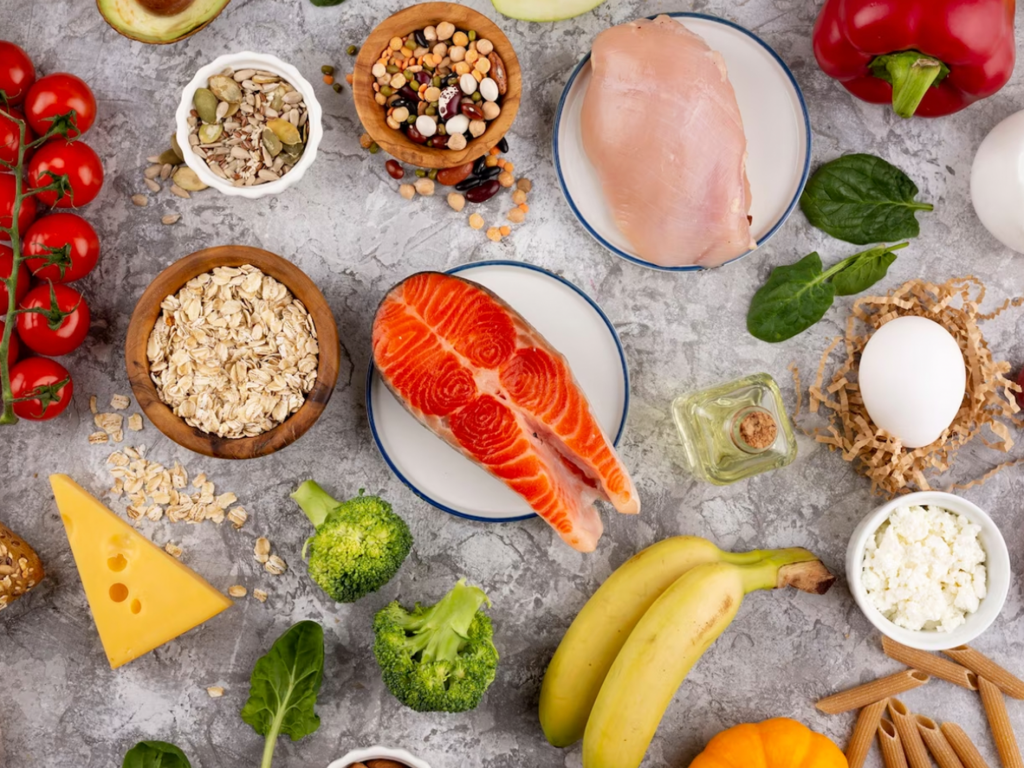Do you ever feel like you’re caught in a cycle of poor sleep, fatigue, and irritability?
Did you know that the food we eat directly impacts the quality of our sleep?
It can be easy to blame our busy lifestyles or stress levels, but have you ever considered the role that food plays in our sleep-wake cycle?
It’s time to take control of our health and understand the impact that the food we eat has on our circadian rhythm.
In this blog post, we’ll take a closer look at how the food we eat affects our circadian rhythm, and how to make sure we’re eating the right foods to support this important process.
Exploring the link between diet and sleep and discovering how small changes to our eating habits can lead to big improvements in our energy levels, mood, and overall health.
What is the Circadian Rhythm?
The circadian rhythm is an internal biological process that regulates our sleep-wake cycle, body temperature, hormone production, and many other bodily functions.
Food plays a crucial role in maintaining the balance of the circadian rhythm, but not all foods are created equal.
The circadian rhythm is controlled by the suprachiasmatic nucleus (SCN) in the brain, which responds to light and darkness. The SCN sends signals to the rest of the body to prepare for sleep or wakefulness. However, the food we eat can also affect our circadian rhythm.
Certain foods, such as those high in sugar and processed carbohydrates, can disrupt the circadian rhythm by causing fluctuations in blood sugar levels.
This can lead to feelings of fatigue, irritability, and difficulty sleeping.
On the other hand, foods that are high in protein, healthy fats, and complex carbohydrates can help to regulate blood sugar levels and promote feelings of energy and alertness.

In addition to blood sugar levels, our circadian rhythm is also affected by the timing of our meals.
Eating late at night can disrupt the body’s natural sleep-wake cycle, making it harder to fall asleep and stay asleep. Eating a large meal close to bedtime can also cause indigestion and discomfort, making it hard to sleep.
How does the food we eat affect our sleep?
The food we consume has a significant impact on the quality of our sleep. Eating a diet high in sugar and caffeine can disrupt our natural sleep patterns and lead to difficulty falling or staying asleep.
On the other hand, consuming foods rich in tryptophan, such as turkey, can promote sleep by increasing the production of sleep-inducing hormones like serotonin and melatonin.
Additionally, eating a balanced meal with the right nutrients, such as magnesium and calcium, can also improve the quality of our sleep. Therefore, it’s important to pay attention to the food we eat if we want to have a good night’s sleep.
It’s also important to avoid sugary and processed foods and to pay attention to the timing of your meals, eating your last meal of the day at least three hours before bedtime.
Regular exercise, adequate sleep and exposure to natural light during the day, and avoiding screens and artificial light before bedtime can also help to support the circadian rhythm and promote better sleep.
The food you eat plays a crucial role in supporting your circadian rhythm, and making small changes to your diet can have a big impact on your overall health and well-being.
Go check out our latest Blog Post “Hidden Health Risks Of Processed Foods” to learn more about how processed foods affect our health!
Resources:




